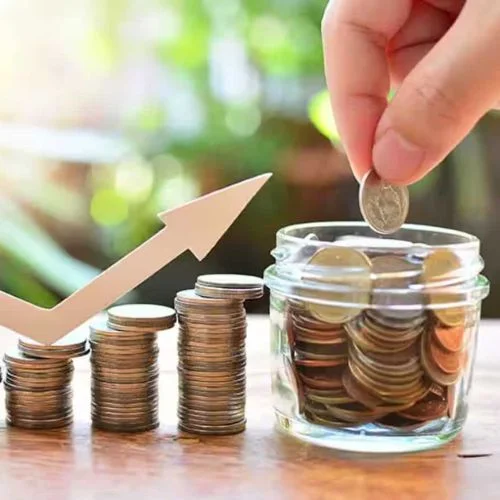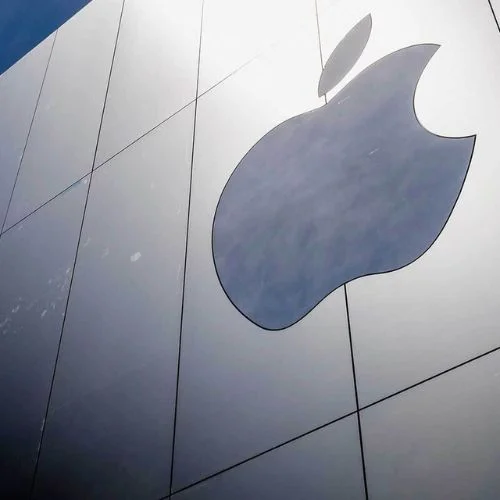The reduced fertilizer allotment will aid India’s objective of reducing its fiscal deficit. Food and energy prices have risen as a result of Russia’s invasion of Ukraine. This year, the government’s spending on food, fertilizer, and gasoline is expected to surpass the budget projection by over 70%.
According to persons familiar with the situation, India is expected to spend less on fertilizer subsidies as global prices fall and the government seeks to reduce its budget deficit.
According to sources who asked not to be identified because they are not permitted to talk publicly, officials are discussing reducing the fertilizer subsidy bill to 1 trillion to 1.5 trillion rupees ($18 billion) for the fiscal year 2023-24, which begins in April. This is down from an expected 2.2 trillion rupees this year, which exceeded the baseline budget due to price increases.
The reduced fertilizer allotment will aid India’s objective of reducing its fiscal deficit. Food and energy prices have risen as a result of Russia’s invasion of Ukraine. This year, the government’s spending on food, fertilizer, and gasoline is expected to surpass the budget projection by over 70%.
However, the action might jeopardise attempts to control inflation. The fertilizer subsidy is used by the government to compensate enterprises for providing their products to farmers at below-market rates. Farmers may reduce crop fertilizer use if they face greater expenses, putting food production at risk.
According to the persons, officials expect fertilizer costs to fall internationally as local output increases. They stated that discussions are still underway and that no final decision has been made. India imports almost one-third of its fertilizer needs.
A representative for the Finance Ministry declined to comment. The fertilizer ministry’s representative was not immediately available for comment.















